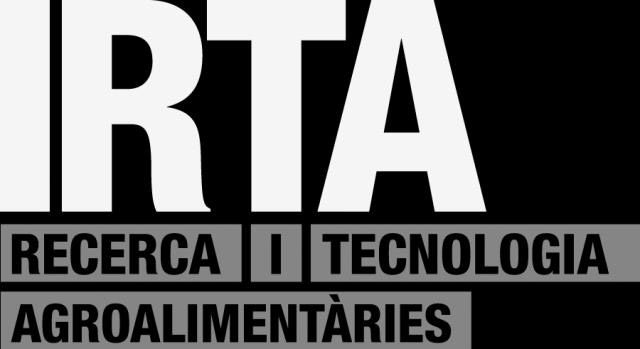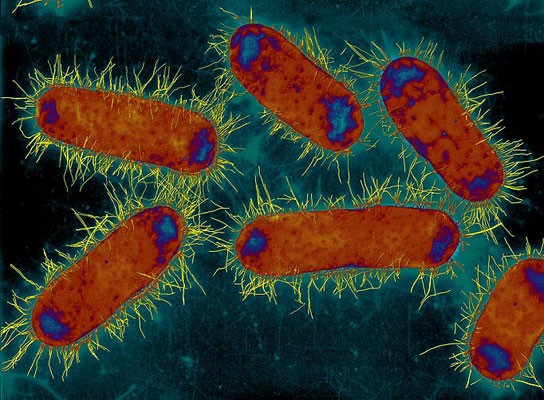Tag Archives: Public health
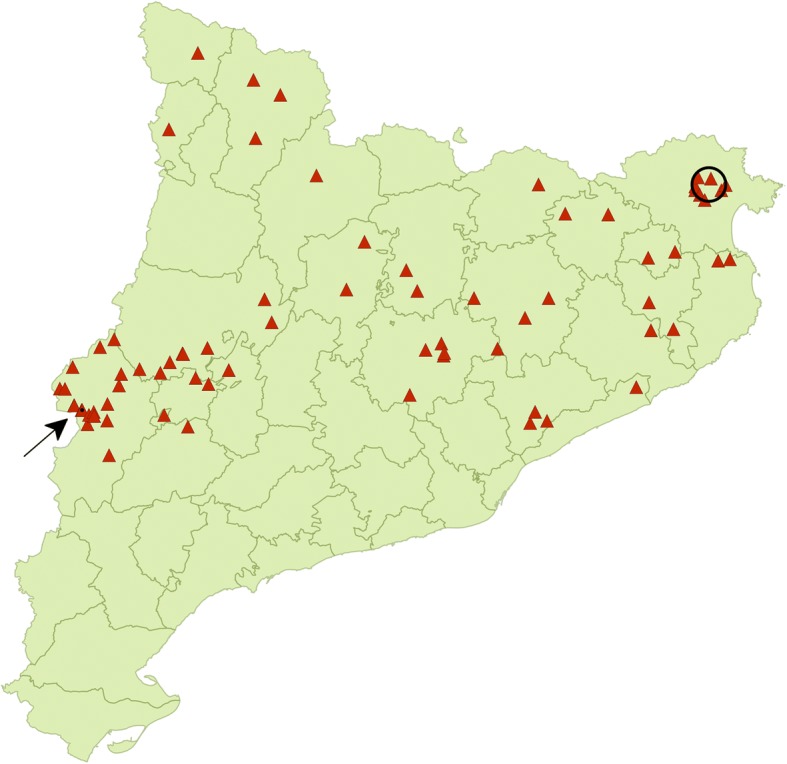
How much does Bovine cysticercosis cost us?
Taenia saginata is a zoonotic parasite that causes taeniosis in people (definitive host) and cysticercosis in cattle (intermediate host). The adult form of the parasite or tapeworm develops in the small intestine of people (taeniasis) while the larval or cysticercus form establishes in the musculature of cattle (cysticercosis).
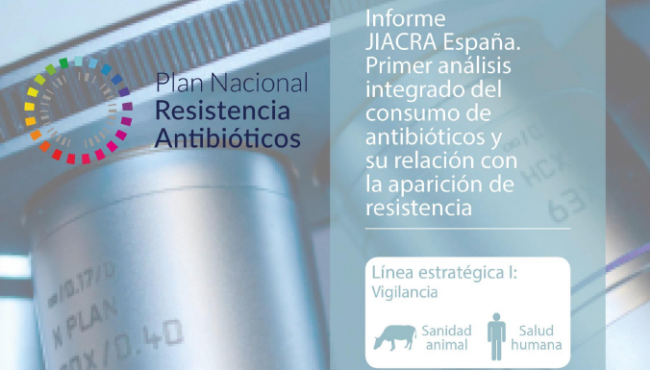
JIACRA-ES report; a One Health approach to associate consumption of antimicrobials and emergence of resistance
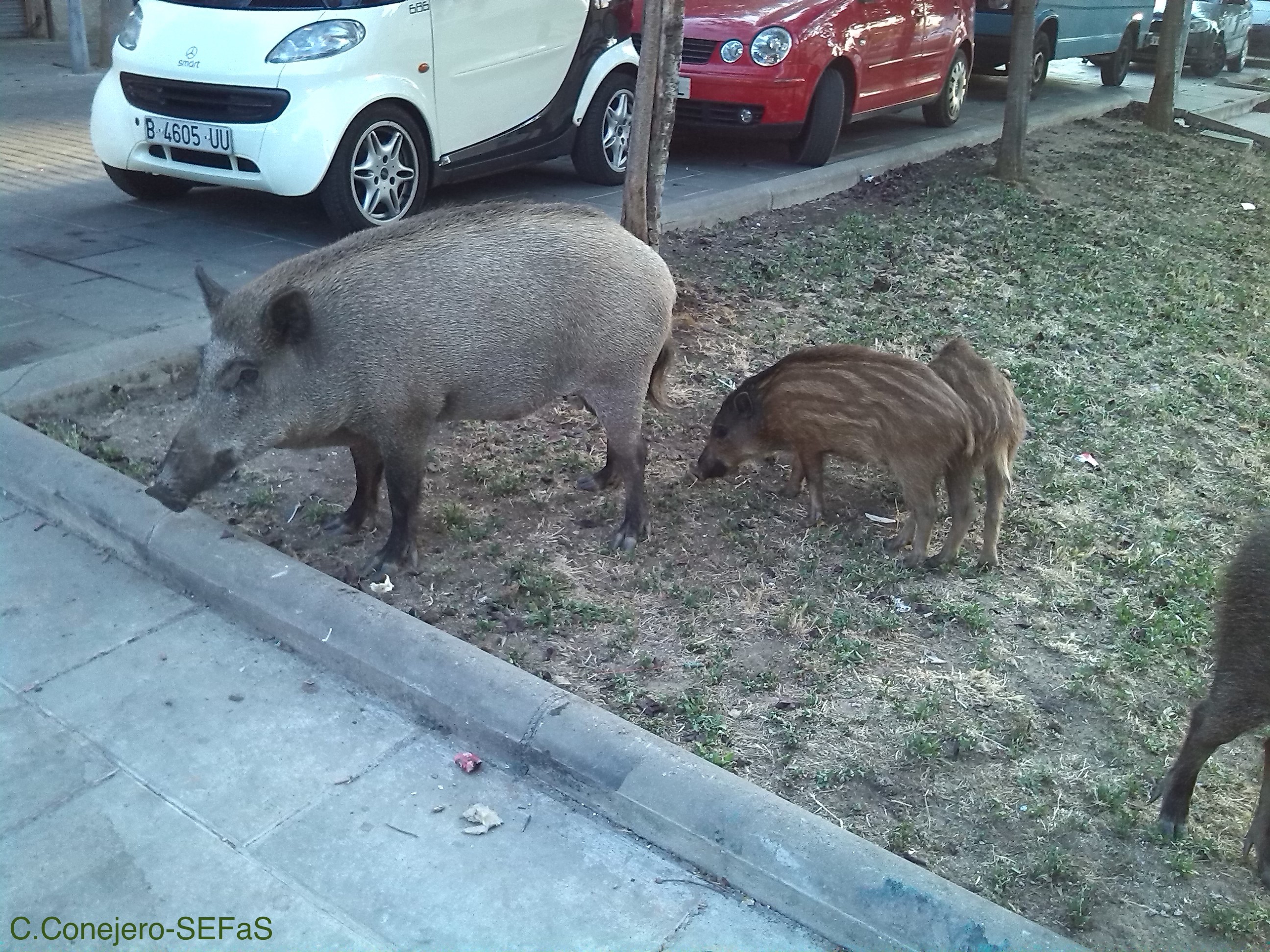
Streptococcus suis in wild boars from Barcelona: a potential public health risk
Wild boar populations have substantially increased in Europe during the last decades. The great adaptability of this native wild species to a wide range of habitats has also prompted its appearance in urban and suburban areas in the last years, being nowadays common in big cities like Barcelona or Berlin. This novel situation regarding urban wild boars poses several conflicts like traffic accidents, occasional aggressions or the possibility to transmit diseases to other animals and human beings.
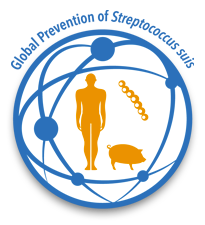
Project PIGSs Annual Meeting 2018, Cambridge
Last week, members of the Project PIGSs celebrated their annual meeting in Cambridge, and updated the rest of the partners in the development of their work. In addition, the advisory board, constituted by external evaluators, was able to examine the progress of the project and give their recommendations.
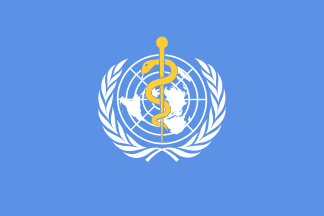
Viral comments (37): A WHO action plan not to end up between a rock and a hard place
Since 2015, the World Health Organization (WHO) has been developing and polishing a “tool” (risk assessment committees of experts based on the available information) to try to identify those diseases that represent (or will represent) a risk to public health due to its epidemic potential and against which there are no countermeasures or these are considered insufficient.

IRTA-CReSA collaborates with EFSA, the European Food Safety Authority, in two risk assessment projects
Two Partnering Grant Projects, in which IRTA-CReSA participates have been recently awarded by the European Food Safety Authority (EFSA). EFSA’s Partnering Grants aim to build risk assessment capacity by transferring knowledge and expertise between two or more organizations in Member States.
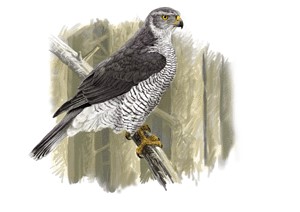
First detection of West Nile Virus in a bird of prey in Catalonia
For more than 10 years IRTA-CReSA has carried out the diagnosis and technical assessment of the West Nile virus surveillance program in Catalonia as a service by the DARP. This program was initiated with the objective of detecting early the circulation of West Nile virus (WNV), a virus that can affect wild birds and equids and is transmitted by mosquito vectors to human beings.

